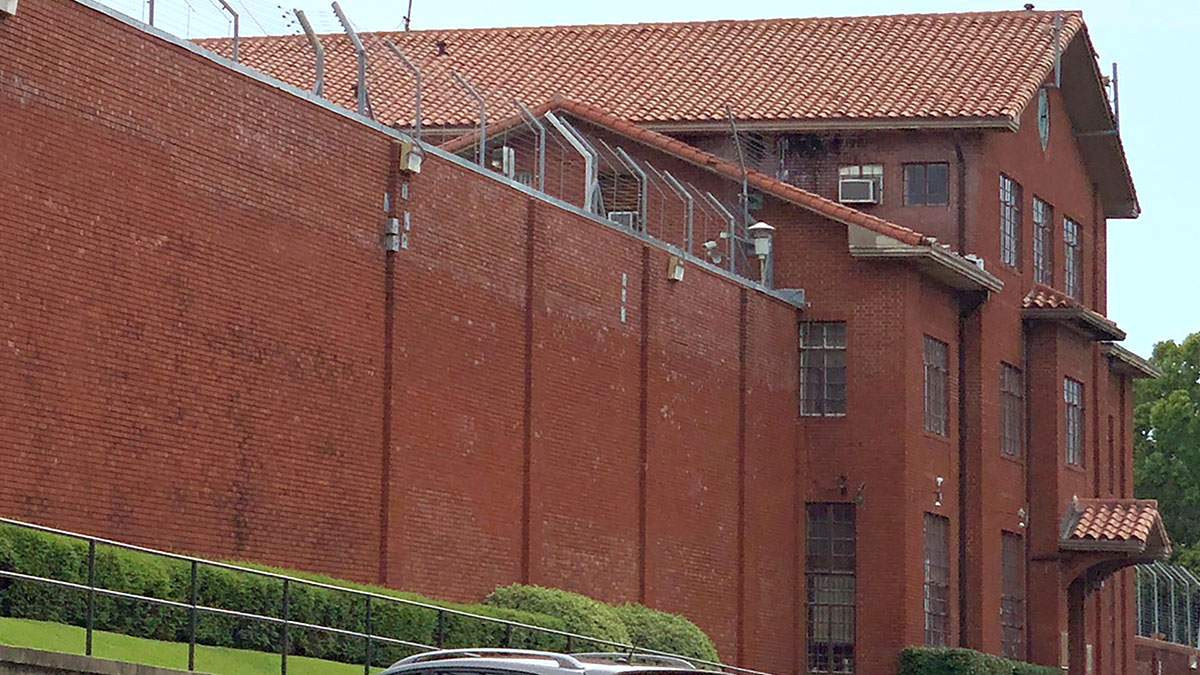Despite saying credible evidence of his innocence has been raised, the Supreme Court of the United States Thursday denied a stay for Texas death row inmate Robert Roberson III and said it's up to Gov. Greg Abbott to stop the execution with a 30-day stay. Meanwhile, a district court judge in Austin granted a TRO Thursday afternoon on behalf of members of the Texas House, but it's unclear if that's enough to stop the execution.
Roberson was scheduled to be executed by lethal injection at about 6 p.m. Thursday, for the 2002 death of his 2-year-old daughter.
Roberson was convicted in 2003 of shaking his daughter, Nikki Curtis, to death in a diagnosis known as shaken baby syndrome. Roberson's attorneys said new evidence suggests that's not what killed the little girl and that his life should be spared.
On Wednesday, the Texas Board of Paroles and Pardons declined to recommend clemency, and Texas Gov. Greg Abbott cannot grant it without that recommendation. Abbott could still issue a one-time 30-day stay of execution, and while he's been active on social media Thursday, he's been silent about the upcoming execution.
Get top local stories in DFW delivered to you every morning. Sign up for NBC DFW's News Headlines newsletter.
In a daylong hearing Wednesday, the Texas House Committee on Criminal Jurisprudence unanimously passed a motion to subpoena Roberson after hours of testimony from experts who recently reviewed his 2003 conviction. The committee found relevant scientific evidence is available today that was not available at the time of Roberson's trial that would be admissible under current rules.
But the subpoena alone was not enough to stop the execution. House members on the committee filed a TRO on Thursday attempting to prevent the Texas Department of Criminal Justice from proceeding with the execution until the subpoena can be carried out and Roberson testifies in a hearing next week. A district judge granted that TRO.
The Texas Attorney General's Office was expected to appeal the TRO immediately.
NBC 5 has asked the TDCJ whether the execution is delayed pending that appeal, and it indicated the execution is delayed pending the outcome of legal proceedings.
An appellate lawyer who spoke with NBC 5 said there's also a question of whether a Travis County district court judge can issue an order for people in Huntsville, where the state's executions take place.
"It's unbelievable that we're at this point, given the unprecedented hearings that we saw yesterday take place in the Texas legislature, given the widespread bipartisan support, and just really overwhelming support from so many people coming forward, recognizing that this is such a problematic case that Robert has a strong claim of innocence, and if this execution goes forward, Texas is going to be executing a man for a crime that never occurred,” said Vanessa Potkin, director of special litigation for the Innocence Project on Thursday. “Mr. Roberson is a man of deep faith. He has sustained himself through his faith prayer and he is just so moved by the overwhelming support.”
Meanwhile, the United States Supreme Court said Thursday that it could not grant a stay in the case. Justice Sonia Sotomayor said that Roberson's only avenue for a reprieve was with the governor, who had the authority to grant pardons and delay executions.
"An executive reprieve of 30 days would provide the Texas Board of Pardons and Paroles with an opportunity to reconsider the evidence of Roberson’s actual innocence. That could prevent a miscarriage of justice from occurring: executing a man who has raised credible evidence of actual innocence," Sotomayor wrote.
If the execution is carried out, Roberson would be the first person in the United States executed for a murder conviction tied to a diagnosis of shaken baby syndrome.




